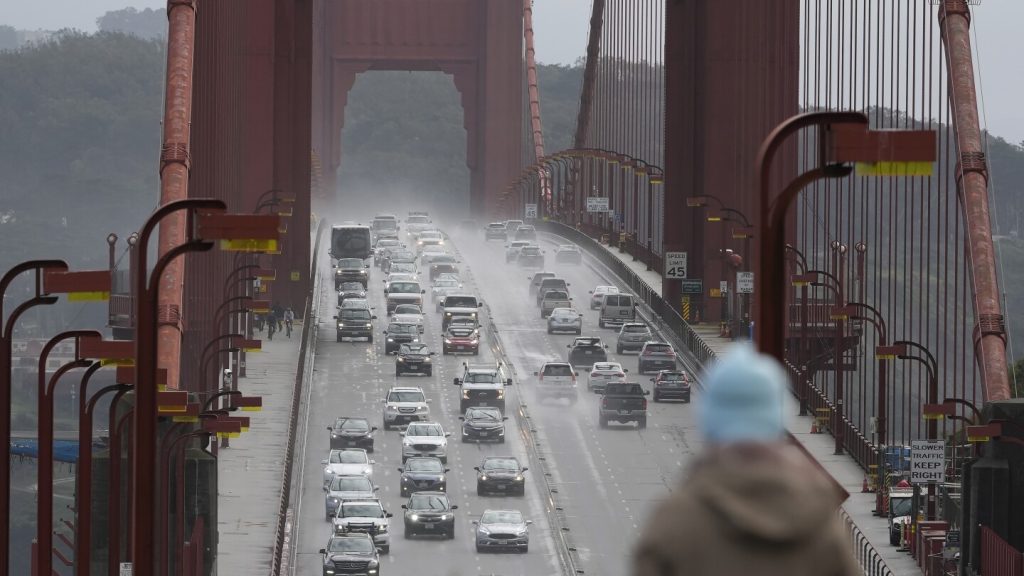California legislators are pushing for a new law that would require all new cars sold in the state to alert drivers when they exceed the speed limit by at least 10 mph. The bill, authored by state Sen. Scott Wiener, aims to reduce traffic deaths by encouraging drivers to slow down. While the proposal narrowly passed its first vote in the state Senate, it faces opposition from some lawmakers who argue that it is unnecessary government intervention. If the legislation were to become law, it would likely impact all new car sales in the U.S. as car manufacturers would likely comply with California’s standards.
California has a history of setting its own regulations that eventually influence national and international policies. The state has long set emission standards for cars, which have been adopted by over a dozen other states. When California announced plans to eventually ban the sale of new gas-powered cars, major automakers quickly followed suit with their own plans to phase out fossil-fuel vehicles. The proposed technology, known as intelligent speed assistance, uses GPS technology to compare a vehicle’s speed with posted speed limits. While the system would emit a visual and audio signal when the speed limit is exceeded, it would not require California to maintain a list of speed limits, leaving that responsibility to manufacturers.
The technology of intelligent speed assistance is not new and has been used in Europe for several years. The European Union will soon require all new cars sold within its member states to have this technology, although drivers would have the option to turn it off. The National Highway and Traffic Safety Administration estimates that 10% of car crashes reported to police in 2021 were speeding-related, with an 8% increase in speeding-related fatalities. In California, 35% of traffic fatalities were attributed to speeding, making it the second-highest in the country. The push for this technology comes after the National Transportation Safety Board recommended that federal regulators require all new cars to alert drivers when they are speeding, following a tragic crash involving a driver with a history of speeding violations.
Despite the potential benefits of reducing traffic deaths, the California bill faces opposition from some lawmakers who view it as government overreach. Republican state Sen. Brian Dahle, who voted against the bill, argued that there are instances where drivers may need to exceed the speed limit in emergencies. The bill’s passage in the state Senate signals a challenging road ahead for its approval. However, California’s influence on the auto market may lead to all new cars in the U.S. eventually complying with the state’s standards. The debate around this legislation highlights the ongoing tension between promoting road safety and individual freedoms in the context of new technological advancements in the automotive industry.


